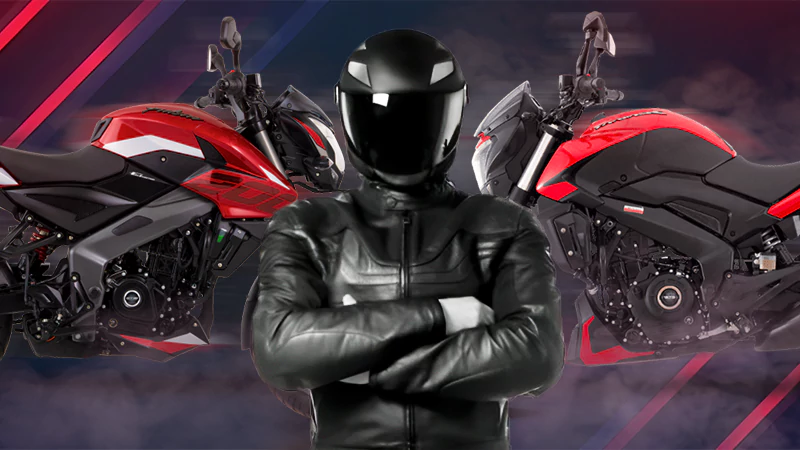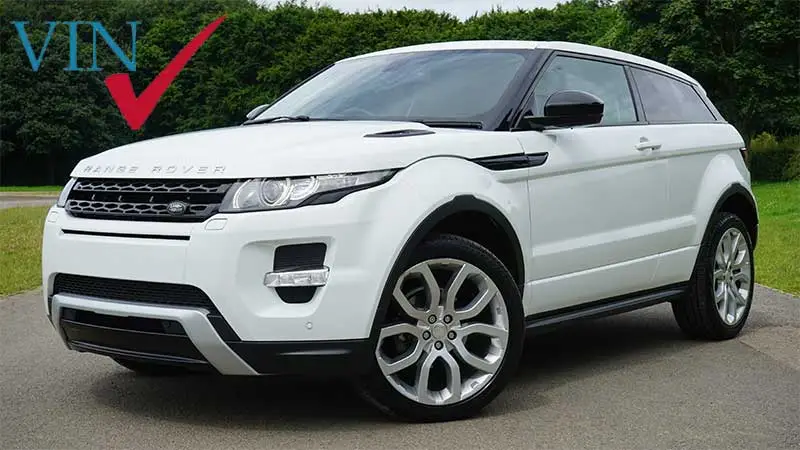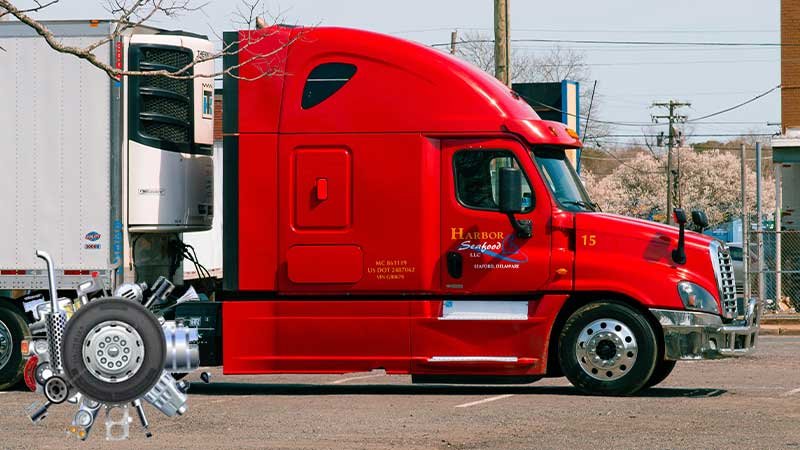How Tires Can Affect Your EV’s Range and Performance
As the only component responsible for connecting the car to the road through four small patches, tires are one of the most important maintenance items of a modern car. Fortunately, tire manufacturers have also upped their game in recent years, producing specific tires for several types of vehicles including EVs. But, because of various factors including the extra weight of batteries and extra torque, buying tires for EVs is a lot harder than usual, requiring a lot more research on your specific needs. Before we go any further, it’s important to note that regular IC car tires should not be considered as a replacement for EVs, both from a safety and efficiency standpoint.
Let’s take a look at some of the factors to consider for EV tires compared to their IC counterparts. Whether we’re considering a smaller hatchback like the BMW i3 or the deceptively quick Tesla Model S Plaid, most manufacturers work with tire companies to build specific tires for their cars to maximize performance, mileage and range.
Increased Weight
Unlike a normal IC car, EVs are weighed down by a heavy battery pack, which in some cases can be 20-30% heavier compared to a similar IC car. This extra weight is usually concentrated on the floorboards, putting excess stress on the tires. Another downside with the heft is the decreased braking performance. Since momentum is high, the brakes will have to work extra hard to shed weight, putting more stress on the tires.
You also have to factor in the extra heat that builds up due to the aforementioned situations.
Tire Shredding Torque
The characteristics of an electric motor are completely different compared to a standard IC car. Because all the torque is available right from zero rpm, the tires have to handle a lot more torque, which can eventually lead to more wear. In a traditional IC car, the torque is delivered gradually as the revs rise, making it a lot more manageable. The extra torque will also heat the tires quicker, leading to more wear.
On average, EVs wear up to 20 percent more compared to a similar IC car, making a significant dent in longevity.
Maximize Range
Unlike an IC car, most electric cars have limited range and don’t have the liberty of filling up as quickly. To improve range, the tires will have to offer low rolling resistance without compromising grip and safety. This is a tall order, especially for high-performance models.
NVH Levels
Because all-electric models are very silent in operation with only a slight motor whine at high load, NVH levels are important for passengers’ comfort. In this case, the treads and tires are designed in a way that minimizes road noise. If you opt for non-OEM tires, the NVH levels may rise significantly.
Rolling Resistance
On average, EVs are a lot more efficient than their IC-engined counterparts. Because of its high efficiency, rolling resistance will drastically affect the battery range. With EV tires, it’s a fine balancing act between grip and rolling resistance.
Since shopping for EV tires seems a lot more complicated than it seems, let’s take a look at some common mistakes to avoid if you’re planning on changing them.
Only Consider EV Specific Tires
Unlike a regular IC car, tires are not easily interchangeable on an EV. Because tires play a major part in the available range, the tires already on your car will be the perfect spec possible. It’s a good idea to refer to the owner’s manual for tire specifications and find the exact one available.
Because of the new requirements, car manufacturers usually work with tire-makers to develop specific tires for different models depending on power output and weight. So, if possible, always buy the same tires when it’s time to swap them to avoid deviating from factory numbers, especially if you don’t want more performance or grip. However, if you’re looking for an upgrade, there are better options out there.
But, don’t try to save a few dollars by installing regular tires that are designed for IC cars. While they may look similar, IC car tires are made of different compounds which can affect drivability, and in some cases, be dangerous.
Also, Read: Can You Upgrade the Caravan suspension?
Ultra-High Performance Tires (UHP)
If you’re a Tesla owner, you might have heard of or already installed UHP tires which are made specifically for high-performance EVs. These tires can handle a lot more abuse like the famous Ludicrous mode or launch control with ease. However, as a tradeoff for all the extra grip, be ready for a noticeable drop in range.
Unlike a regular IC car, electric cars are a lot more sensitive to rolling resistance, severely impacting range in some cases. So, always consider rolling resistance when choosing a tire for your EV.
Checking the Load Rating
Because of the heavy battery packs weighing them down, pay special attention to the load ratings of tires. EV specific tires get a new High Load rating to handle the extra stress. These tires will have HL on their sidewall, usually before the size stamp, making them easier to spot. Opting to put on tires that are not rated for the higher loads can be potentially dangerous. With a full load of passengers and their luggage, even a basic EV can weigh a lot.
Finally, once you’ve bought the right set of tires for your EV, following these tips will help you extract the best out of them and make your tires last longer
Visual Inspection Before Driving –
While it may seem simple, a visual inspection can reveal a lot, especially in EVs. Since there is no regular maintenance schedule for EVs, the tires are not checked as they would be on an IC car, making it more dangerous if a fault develops. Check for low tire pressure, uneven wear, and bulges. Check both sides of the tire if possible, as defects can hide on the inner wall.
Maintain the Correct Tire Pressure –
Even if you drive on the best EV tires around, incorrect tire pressure can be detrimental to performance and efficiency. So, always keep an eye out for the tire pressure and fill them up at least once a month. Incorrect tire pressure will also affect range, making ownership harder.
Rotating Tires –
As mentioned before, since there is no regular maintenance schedule for EVs, it’s a good idea to rotate your tires to prevent uneven wear, especially since EV tires wear out faster than their IC counterparts.
Next, can read: Best Replacement Parts for Your Chevy Malibu
Follow Us
Latest Post
















